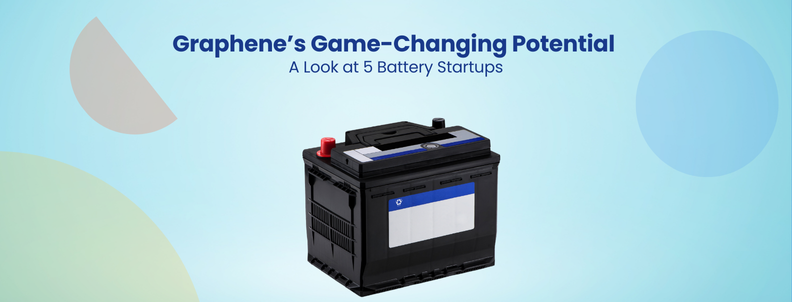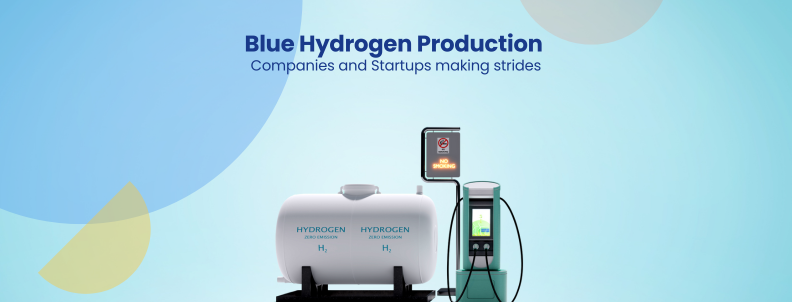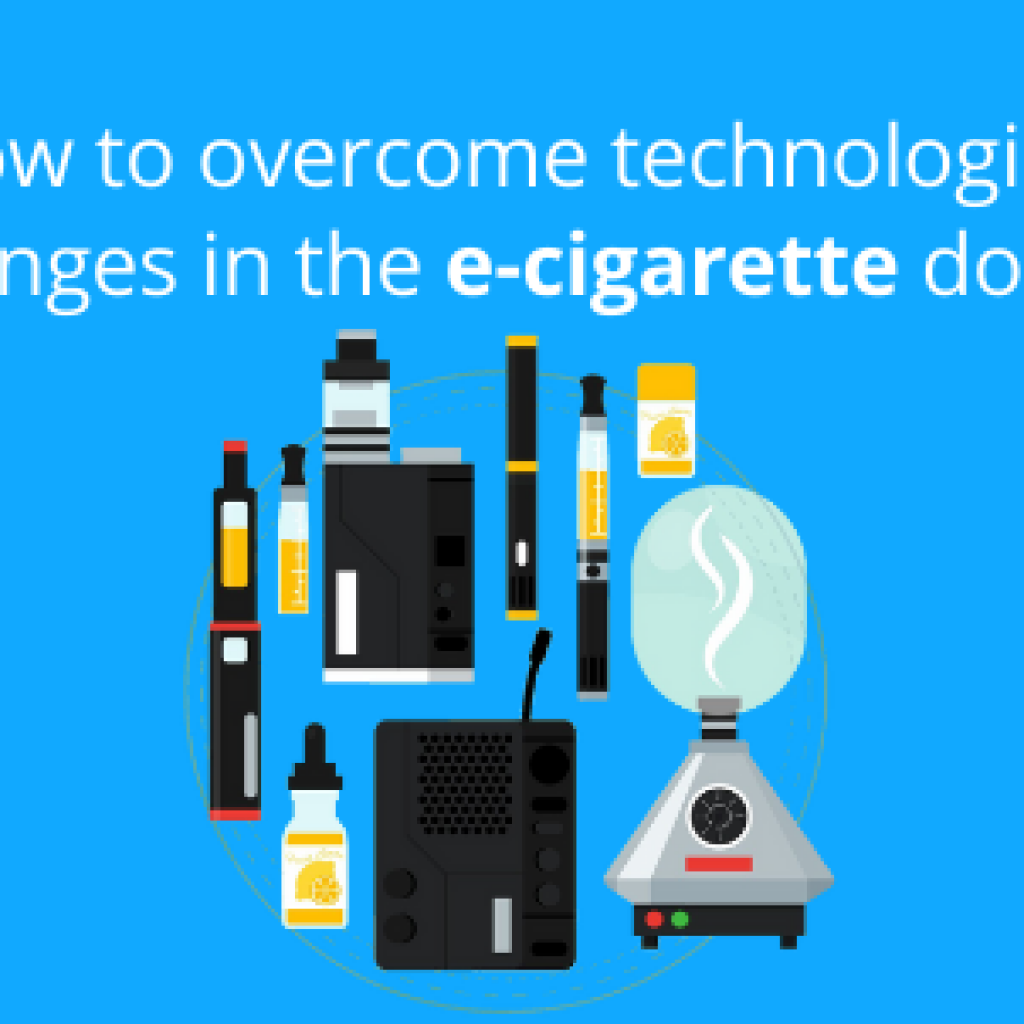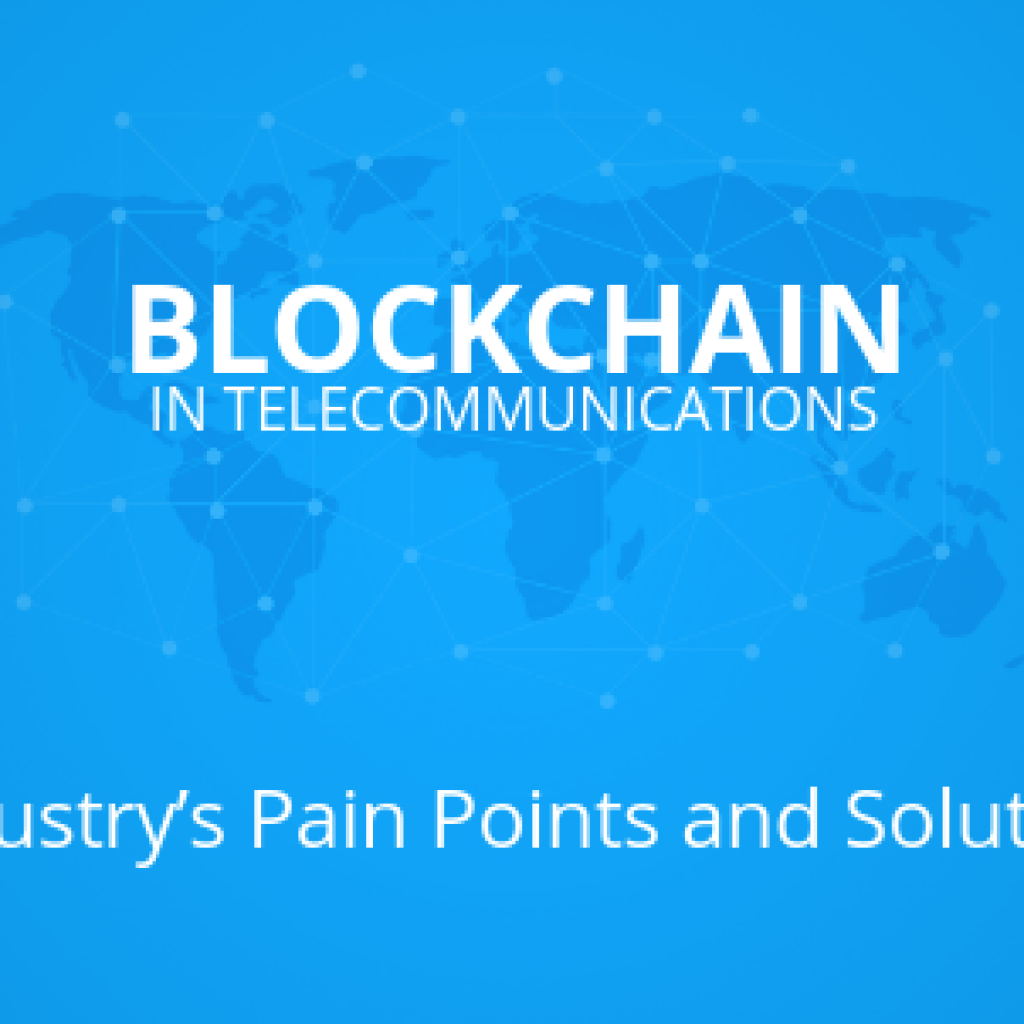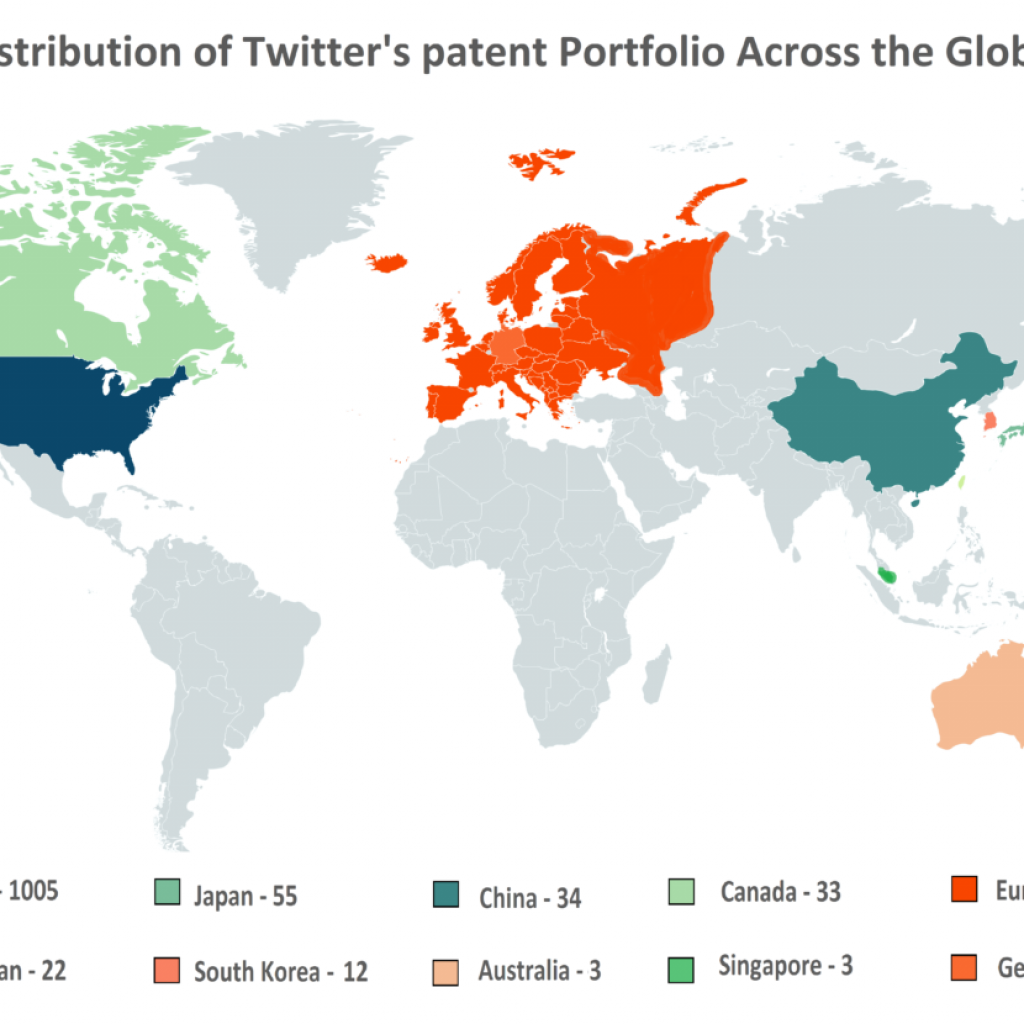Lithium-ion batteries have long been the standard in the battery industry, powering everything from mobile devices to electric vehicles. While these batteries have advanced portable power, they have limited energy density and long charging times. Lithium batteries also have concerns over durability and safety, including risks of overheating and fires.
Graphene-based batteries represent a revolutionary leap forward, addressing many of the shortcomings of lithium-ion batteries. These batteries conduct electricity much faster than conventional battery materials, offer a higher energy density, and charge faster because of Graphene. The batteries are more durable and have a longer lifespan, which could greatly reduce electronic waste.
This article delves into five growth-stage graphene-based battery startups developing products of different types, sizes, and uses. These startups have the potential to grow rapidly, are in a good market position, or can introduce game-changing technology to the market in the next 2-3 years.
This makes them a great option to partner, collaborate, or acquire.
Interested in Energy Storage Industry Trends? Fill out the form to get the report:
1. Dreamfly Innovations Making Drones Flight Safe and Long with Customized Graphene Batteries
| Founding Year | 2021 |
| Headquarters | Karnataka, India |
| Total Funding Amount | $300K |
| Last Funding Round/Amount | Angel/$300K |
| Website | https://www.dfi-india.com/ |
The drone industry has battery-related problems such as fire hazards, short operational lifespans, and lengthy charging times. These issues hinder drone operations’ efficiency and safety, limiting commercial viability and scalability.
To address these problems, Dreamfly Innovation has developed customized drone batteries characterized by non-explosive graphene chemistry cells and high power density (3C, 5C, 10C). These batteries have a life of 5000 cycles and can be fully charged within 15 minutes.
The use of graphene chemistry cells further mitigates the risk of explosions.
Kajal Shah is the co-founder and CEO of this battery startup. She previously held the position of CEO and Co-Founder of Adarin Engineering Technologies for 8+ years.
Kajal worked as a Manager and Technologist for companies like Tata Motors and General Electric (GE). Her educational background includes an M.Tech from IIT, Bombay, and an entrepreneurship fellowship with Goldman Sachs from IIM Banglore.
Dreamfly raised its latest angel funding round on Sep 15, 2023, for $300K. Rebalance led this round along with IIMA Ventures.
2. GQenergy Created a New Solid State Cell with a Graphene Membrane
| Founding Year | 2017 |
| Headquarters | Villa Minozzo, Reggio Emilia, Italy. |
| Total Funding Amount | Publicly Not Disclosed |
| Last Funding Round/Amount | Publicly Not Disclosed |
| Website | https://www.gqenergy.it/ |
GQenegry aims to reduce costs and environmental pollution related to energy storage products like batteries with its eco-sustainable energy solutions.
The startup innovated a “Solid State Cell” technology that produces a nearly constant voltage without needing external recharges. This cell has a graphene membrane that separates nickel and polymer layers.

The technology eliminates the need for frequent recharging, thus setting a new energy efficiency and sustainability standard in various sectors.
Ermy (Ermanno) it is the CEO and co-founder of GQenergy. He has extensive industry experience as a Software engineer and Technology officer.
Intrigued by these innovative graphene battery startups?
Subscribe for more information on energy storage industry startups solving the core challenges.

3. Volexion Graphene Coated Cathodes Increasing Energy Density of Batteries
| Founding Year | 2018 |
| Headquarters | Evanston, Illinois, US |
| Total Funding Amount | $3.3 Million |
| Last Funding Round/Amount | Venture – Series Unknown/$961.2K |
| Website | https://www.volexion-inc.com/ |
Volexion developed a drop-in graphene encapsulation technology for lithium-ion cathode materials to address the main issues of Li-ion batteries. This technology enhances the comprehensive performance of batteries, achieving over 30% energy density increase compared to the current technologies.
The startup’s approach involves coating each cathode particle with a thin graphene layer.
Volexion’s technology increases the energy density of batteries and improves power density by 40%, leading to faster acceleration and longer range for electric vehicles.
The graphene coating reduces degraded battery performance over time and enhances chemical stability. It limits solid electrolyte interphase (SEI) impedance growth and improves safety and temperature stability. This technology is compatible with current and future lithium-ion battery materials and is scalable using conventional manufacturing equipment.
CEO Damien Despinoy has been leading this startup since 2020. He has previous experience in roles like Director, Engagement Manager, Assistant Superintendent, and various engineering roles with companies like McKinsey & Company and Zeeland Refinery N.V.
Volexion raised its latest funding of $961.2K on April 17, 2023, from a Venture round.
4. Anaphite Integrating Low-cost Graphene into Batteries To Reduce Cost
| Founding Year | 2017 |
| Headquarters | Bristol, UK |
| Total Funding Amount | £8.9 Million |
| Last Funding Round/Amount | Venture – Series Unknown/£1.6 Million |
| Website | https://www.anaphite.com/ |
The electric vehicle market faces challenges such as high costs and lengthy charging times of lithium-ion batteries. These barriers are a considerable concern for consumers transitioning to electric vehicles.
Anaphite has developed fully formulated carbon nanotube (CNT) enhanced cathode powders designed explicitly for direct dry coating to combat these issues.
This method requires no solvent, additives, or mixing, enabling dry-coated electrodes to achieve superior electrochemical performance compared to wet-coated alternatives.
Anaphite’s technology, centered around its proprietary Dry Coating Precursor (DCP®) process, integrates advanced carbons into existing lithium-ion battery materials like NMC (nickel manganese cobalt oxide) and LFP (lithium iron phosphate). It facilitates a more efficient, less energy-intensive manufacturing process.
This dry coating technique reduces the energy required for electrode manufacturing by up to 90%, diminishes the carbon footprint, and avoids using harmful solvents.

Anaphite’s approach can lower the cost of battery cell manufacturing by up to 40% compared to traditional methods.
Using low-cost graphene in the cathodes enhances charge rates and energy density in batteries, making this technology a game-changer for the industry. This approach helps cut lithium-ion battery charging times in half and reduces manufacturing costs by 12%.
CEO Joe Stevenson is leading this startup. He has experience in various directorial roles with companies like Johnson Matthey and Arcola Energy Limited.
Joe holds a BA from the University of Oxford and participated in the Senior Leaders Programme at London Business School.
Anaphite’s latest funding of £1.6 Million was raised on March 13, 2024. It includes £880K from a venture funding round and a grant of £685K provided by UK Research and Innovation.
5. HeXalayer’s IML Graphene Increasing Battery Capacities by 400%
| Founding Year | 2017 |
| Headquarters | Louisville, Kentucky, US |
| Total Funding Amount | $1.6 Million |
| Last Funding Round/Amount | Grant/- |
| Website | https://www.hexalayer.com/ |
Current battery technologies must enhance energy storage capacity, reduce weight, and improve efficiency. It is critical for applications like electric vehicles and portable electronics.
HeXalayer is addressing these limitations by developing a new material for lithium-ion batteries using a patent-pending form of graphene called IML Graphene. This material is said to increase the capacity of lithium-ion batteries by over 400% while reducing the weight of the unit battery cell by fifteen times.

The startup approach involves creating a multilayer graphene that can store more lithium than the traditionally used graphite, enhancing battery life and performance.
HeXalayer’s IML Graphene maintains stability through numerous charge cycles. It enables a substantial increase in the distance electric vehicles can travel on a single charge—potentially increasing this range by up to 600%.
Co-founder and CEO Harut Vardanyan leads this startup and has extensive experience in various industries and roles. He worked as Strategic Sourcing Lead / IT Procurement (Humana) and Regional energy buyer (Schneider).
Harut was also associated with World Trade Center-Kentucky and Blackstone Media in his professional journey.
HeXalayer received its latest funding as a grant from KY Innovation on July 17, 2023. Government-backed investors like KY Innovation and the National Science Foundation support this startup.
Partner with cutting-edge startups to tackle your industry’s toughest challenges and stay on top of the competition.
Learn how GreyB can help you discover similar ventures that perfectly fit your needs.

Authored By: Naveen Kumar, Market Research

